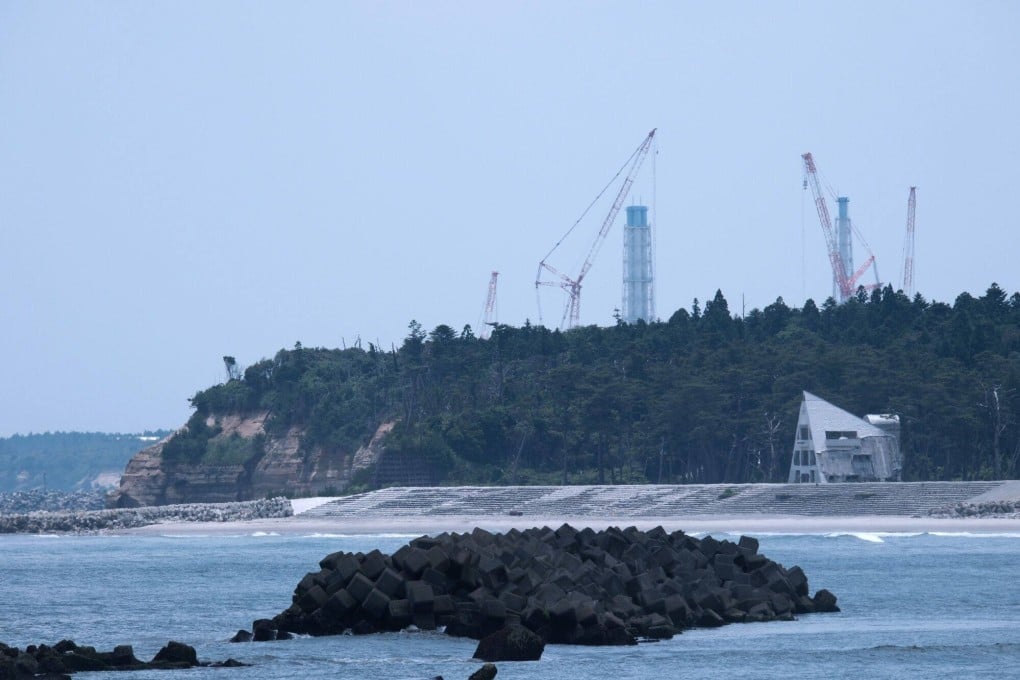Over 70 per cent of Fukushima waste water fails discharge limits and needs more treatment, says China’s nuclear watchdog
- China Atomic Energy Authority disputes IAEA report stating Japan’s plan to release radioactive water into the sea meets international standards
- China’s National Nuclear Safety Administration to keep monitoring radiation levels in the ocean following waste water discharge from Japanese nuclear plant

Moreover, the previous operation of the Advanced Liquid Processing System (ALPS) has proved ineffective in removing elements such such as tritium and carbon-14, and further testing is required to determine whether others can be effectively removed, the China Atomic Energy Authority said in response to a report by the International Atomic Energy Agency.
“Based on its comprehensive assessment, the IAEA has concluded that the approach and activities to the discharge of ALPS treated water taken by Japan are consistent with relevant international safety standards,” IAEA director general Rafael Mariano Grossi said in a foreword to the report.
However, China said it “regretted the hasty release of the report”.
Deng Ge, secretary general of the China Atomic Energy Authority, said the IAEA report failed to fully reflect views from experts who took part in the review and the conclusions were limited and one-sided.